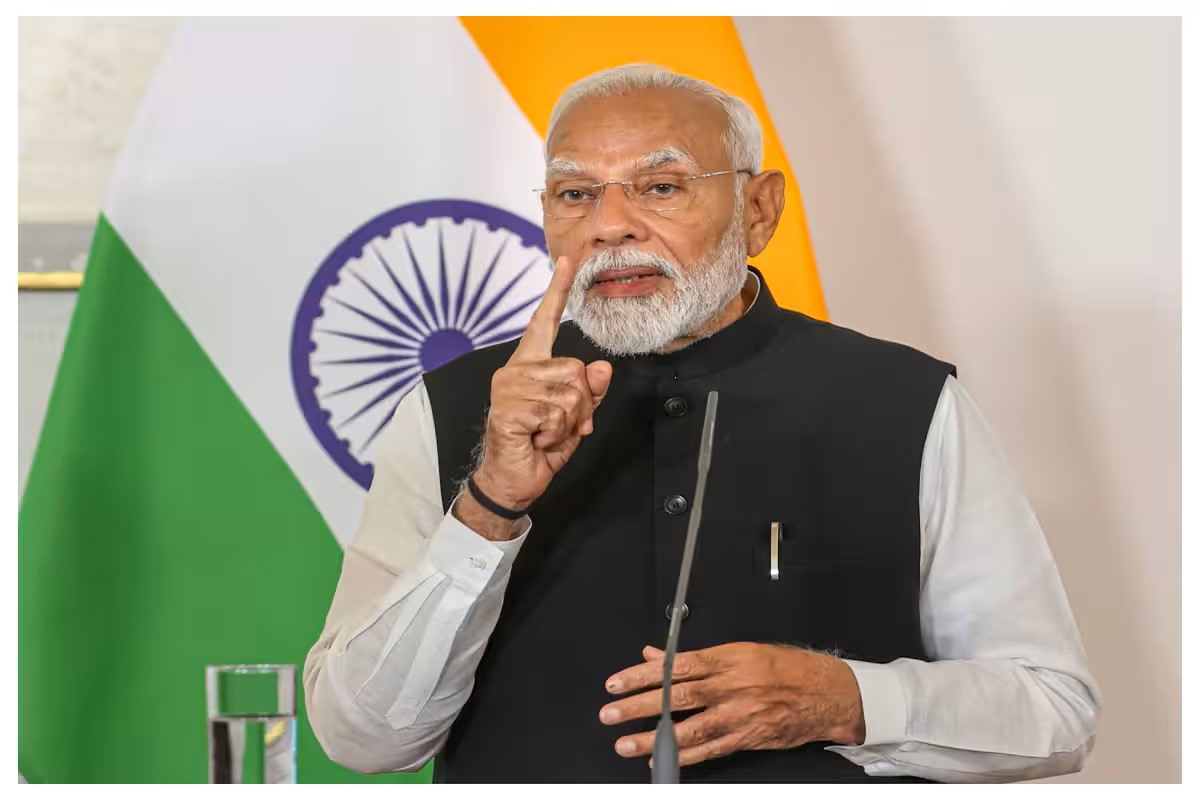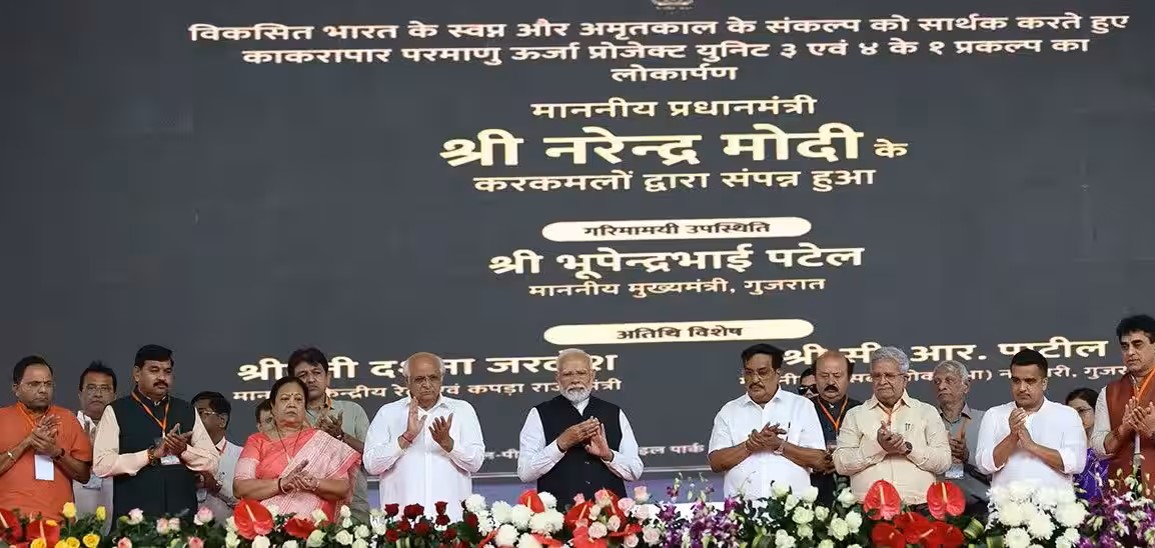Fintech firms believe that the launch of multiple investment projects in Mumbai will give the city an advantage in attracting both established businesses and startups within the sector.
 During his first visit to Maharashtra after the recent Lok Sabha election, Prime Minister Narendra Modi laid the foundation for projects worth Rs 29,396 crore. He announced his vision to make Mumbai the world’s leading city in financial technology and to establish Maharashtra as a premier state in tourism.
During his first visit to Maharashtra after the recent Lok Sabha election, Prime Minister Narendra Modi laid the foundation for projects worth Rs 29,396 crore. He announced his vision to make Mumbai the world’s leading city in financial technology and to establish Maharashtra as a premier state in tourism.
While this announcement has generated public enthusiasm, stakeholders in the fintech ecosystem have shared varied perspectives. Many draw comparisons between Bengaluru, known as India’s Silicon Valley and startup hub, and Mumbai, already established as India’s financial capital.
Vishal Sharma, co-founder and CEO of AdvaRisk, a fintech startup backed by ICICI and NABARD, acknowledges Mumbai’s status as India’s financial and fintech capital. He believes that PM Modi’s ambition to position Mumbai as the global fintech capital could significantly benefit fintech startups but also presents challenges.
Raja Debnath, Managing Director of Veefin Solutions Ltd, a Mumbai-based SME listed company, sees this goal as the needed boost for the sector. “With regulatory bodies and financial markets based in Mumbai, building a robust fintech ecosystem is a natural progression. The launch of multiple investment projects will give Mumbai a head start in attracting both established businesses and startups within the fintech sector,” he says.
According to Invest India, the country is among the fastest-growing fintech markets in the world, with a market size of $584 billion in 2022, expected to reach $1.5 trillion by 2025. Despite this prominence, fintech founders point out a lack of robust infrastructure in Mumbai.
Mohit Bedi, co-founder and Chief Business Officer of Kiwi, a Bengaluru-based fintech company that recently opened an office in Mumbai, highlights the need for interaction with the RBI, NPCI, banks, and aggregators in Mumbai. However, he notes that office space and tech workforce costs are higher in Mumbai compared to Bengaluru. A workstation in Bengaluru costs around Rs 8,000-10,000 monthly, while in Mumbai’s BKC, it costs Rs 30,000-35,000. Additionally, tech professionals often prefer Bengaluru due to its local tech giants and multinational facilities. “To meet the technological demands of the fintech sector and create a confident investment environment, Mumbai must develop robust infrastructure. Establishing a concrete digital infrastructure, modernizing the power grid, and developing robust data centers, coupled with nurturing a culture of innovation, can solidify Mumbai’s position as a premier fintech hub globally,” Bedi explains.
Raj N, Founder of Zaggle, a B2B SaaS fintech listed player, believes that incentivizing investments and promoting Mumbai as a talent hub will attract resources. He adds that partnerships and innovation programs will drive collaboration.
Yashoraj Tyagi, CEO of CASHe, a Mumbai-based AI-driven financial wellness platform, outlines several challenges, including dealing with complex regulations, attracting top tech and finance talent, ensuring strong digital and physical infrastructure, securing startup investments, and managing cybersecurity threats. Addressing these issues is crucial for development.
Ecosystem stakeholders are optimistic that if these key challenges are resolved, Mumbai has the potential to become a leading fintech hub within 5-10 years.




